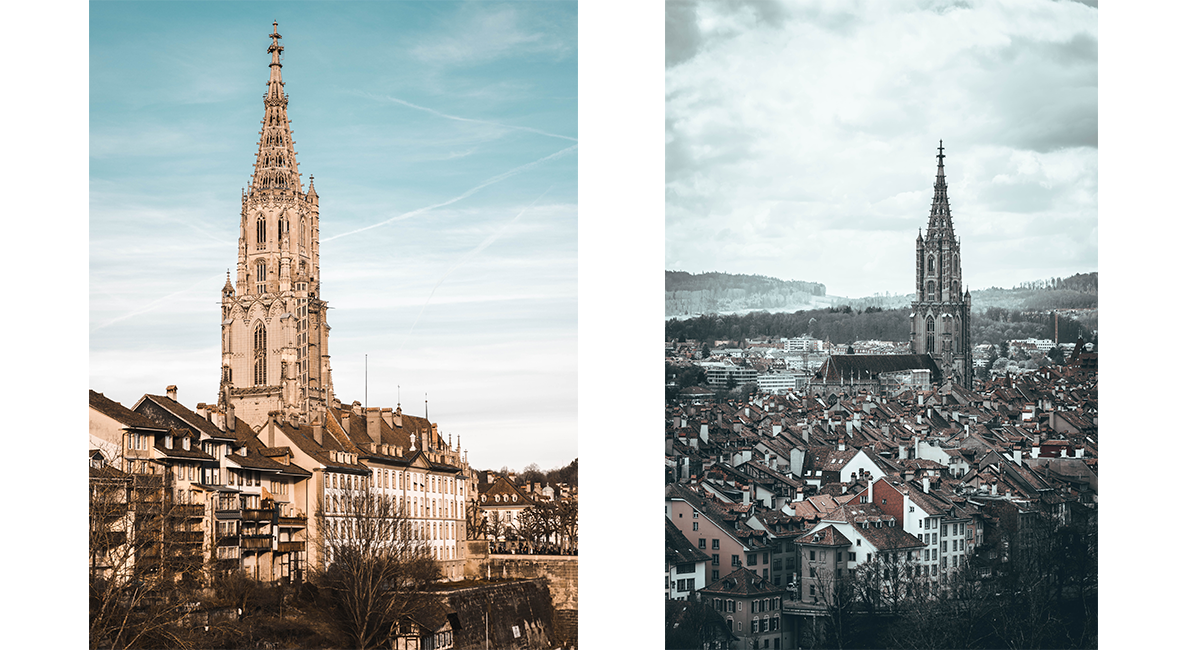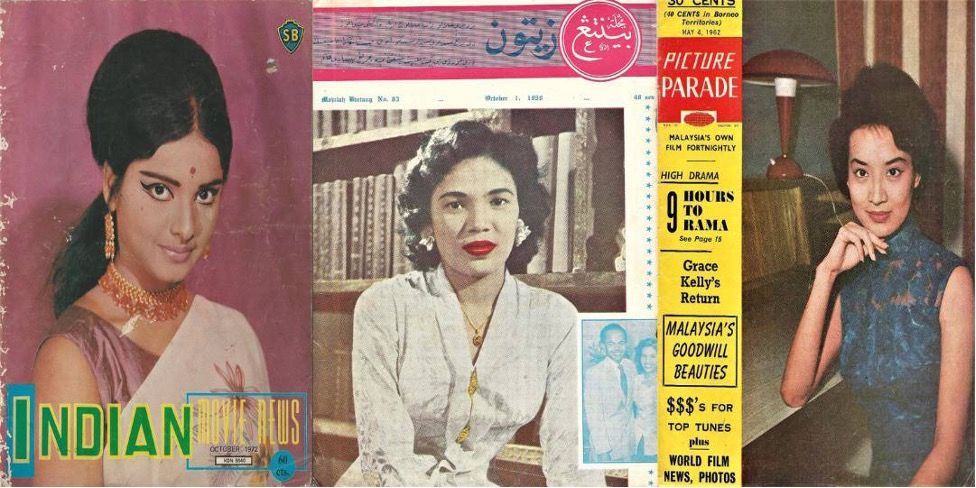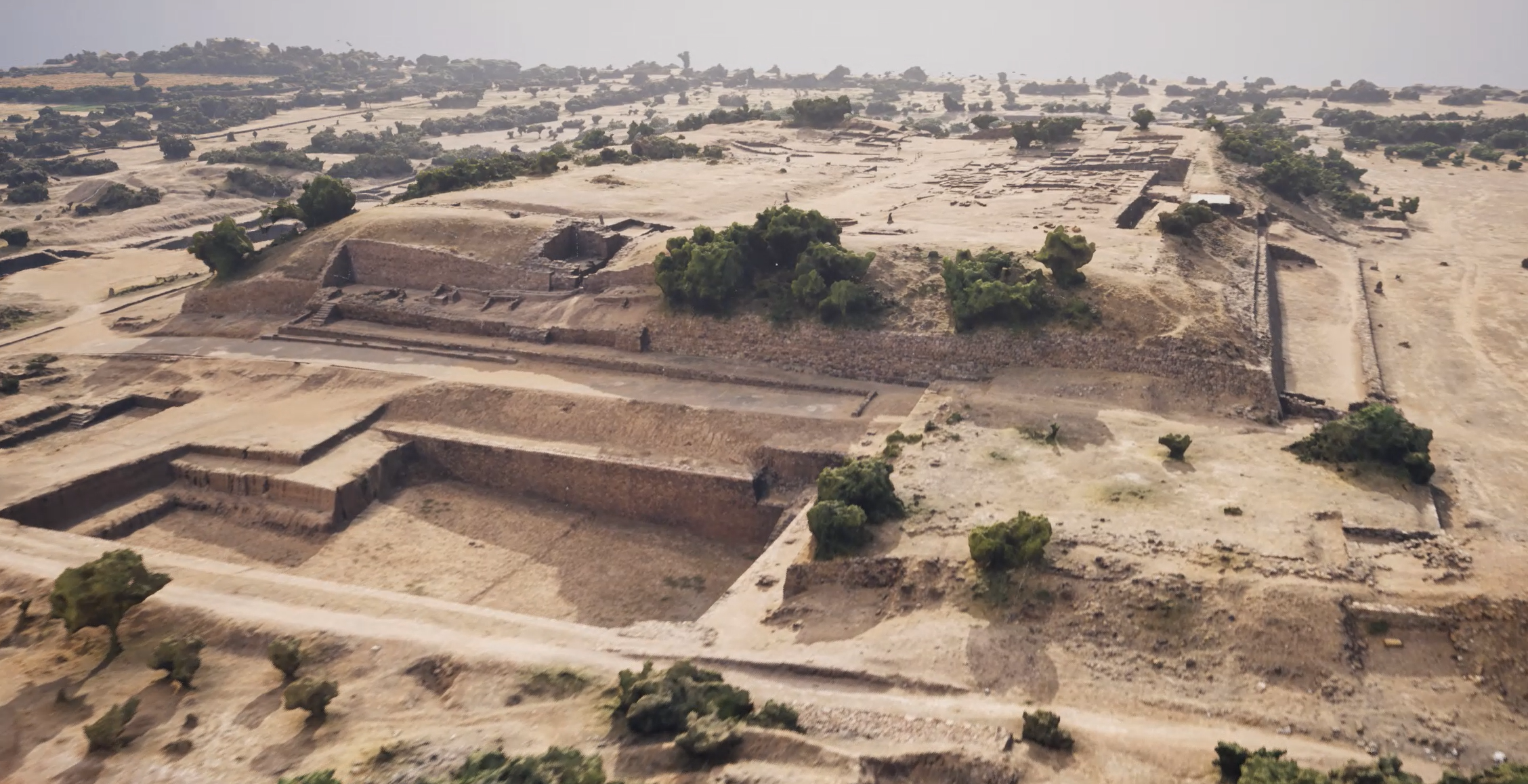Polish Masters of Photography trust Piql

The three masters of Polish photography trusted Piql with their most precious photographs.
Bogdan Dziworski, Tomasz Sikora and Jacek Poremba, three of the most respected photographers in Polish history, have chosen Piql to preserve a handpicked collection of their most valuable body of work.
CHALLENGE
Even though these prized works are present in albums, publications, exhibitions, magazines, campaigns and on websites, all digital files carry the risk of being lost or corrupted, while the physical copies can be damaged or destroyed.
Pictures are immovable snapshots of our time, holding immense value for the future, and should be kept safe for as long as possible.
No artist wishes to lose their precious collection and many of the now famous historical artists represent those whose work lived on while others were lost.
Many photographers choose to preserve their collection in analogue form as a proven and safe option. For digitally born photographs, this means the ability to access the raw file or artwork is lost. Storing digitally born art in digital form offers much more value to modern photographers, including the ability to access the raw files and make minor manual adjustments for future use.
I felt very excited when I selected a photo from my archive for over thirty years for the Piql project, this choice determined the awareness that someone could see it in a few hundred years … As a rule, when we create anything, we do not think about it in such a distant future, Piql gives such opportunities … Nowadays, it is easy to interfere and change the original digital record, and this technique of archiving on photosensitive tape also guarantees that for the entire period of its storage, there is no possibility of making any changes to the saved images and this is also its invaluable advantage.
Jacek Poremba
SOLUTION
These three masters of photography trusted Piql to digitally preserve their collection in the first Piql project in Poland.
The photographic collection is now digitally stored on Piql’s breakthrough technology, piqlFilm. This unique approach to digital preservation utilises the long-lasting properties of photosensitive film and the benefits of digital storage. Data is stored as high resolution QR codes holding binary data, file format specifications and program code. This allows data to be stored indefinitely, with guaranteed access in the future.
This inaugural project is was presented in an official launch of the Piql services and new Piql Reader in Poland in February 2020.
Of particular value and interest for the photographers was the migration-free quality of Piql’s technology. In order to keep their collections accessible and safe, photographers often have to transfer their pictures from one drive to another, as the mediums age and become obsolete. This is reminiscent of the classic photography mediums, where once the picture is printed it remains in its original form, a treasured memory or an important moment.
FUTURE
Professor Dziworski considered it a great honour for him to participate in such a project. He will provide piqlFilm reel to the Dean of the University of Katowice for storage into the new century.
Mr Tomasz Sikora was not only happy about the recording of his pictures on piqlFilm, but also the categorisation of his collection which was included in the process.
We are very happy that such famous photographers have decided to archive their artistic achievements, having appreciated Piql’s technology, as well as the great idea which stands behind it. So that the next generations of people sensitive to the art of photography can marvel at their work
Piql Poland’s CEO Jędrzej Sabliński
There are many iconic pictures around the world, all kept in the depths of internet and the artist’s personal collections.
Photographs are an irreplaceable way of telling the stories of the past events, serving as proof and testimony.
Piql’s unique longevity for digital files, provides a unique chance for the legendary snapshots to be preserved for the far future for the benefit of generations. Enabling a future built on the knowledge and understanding of the past.


